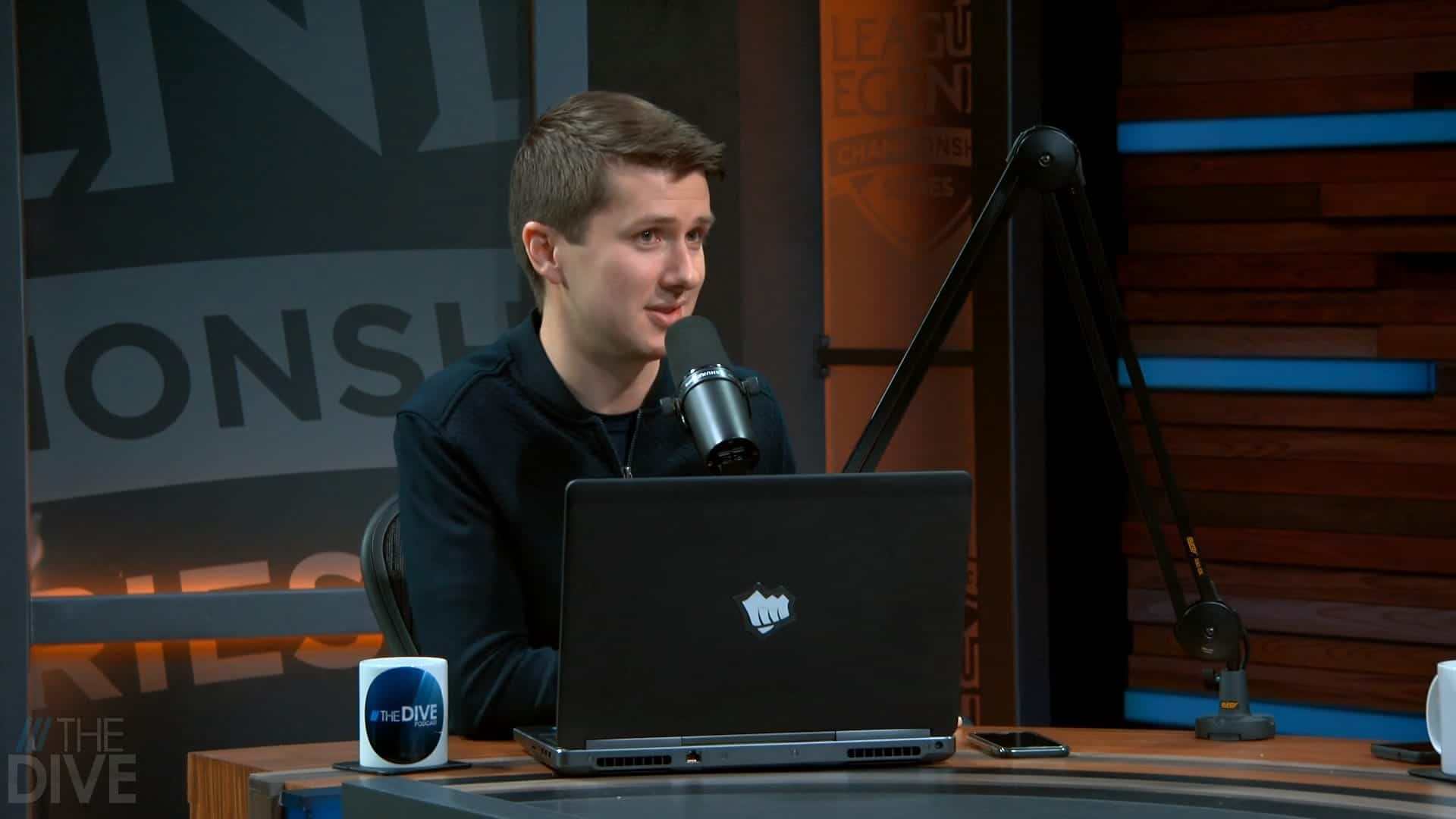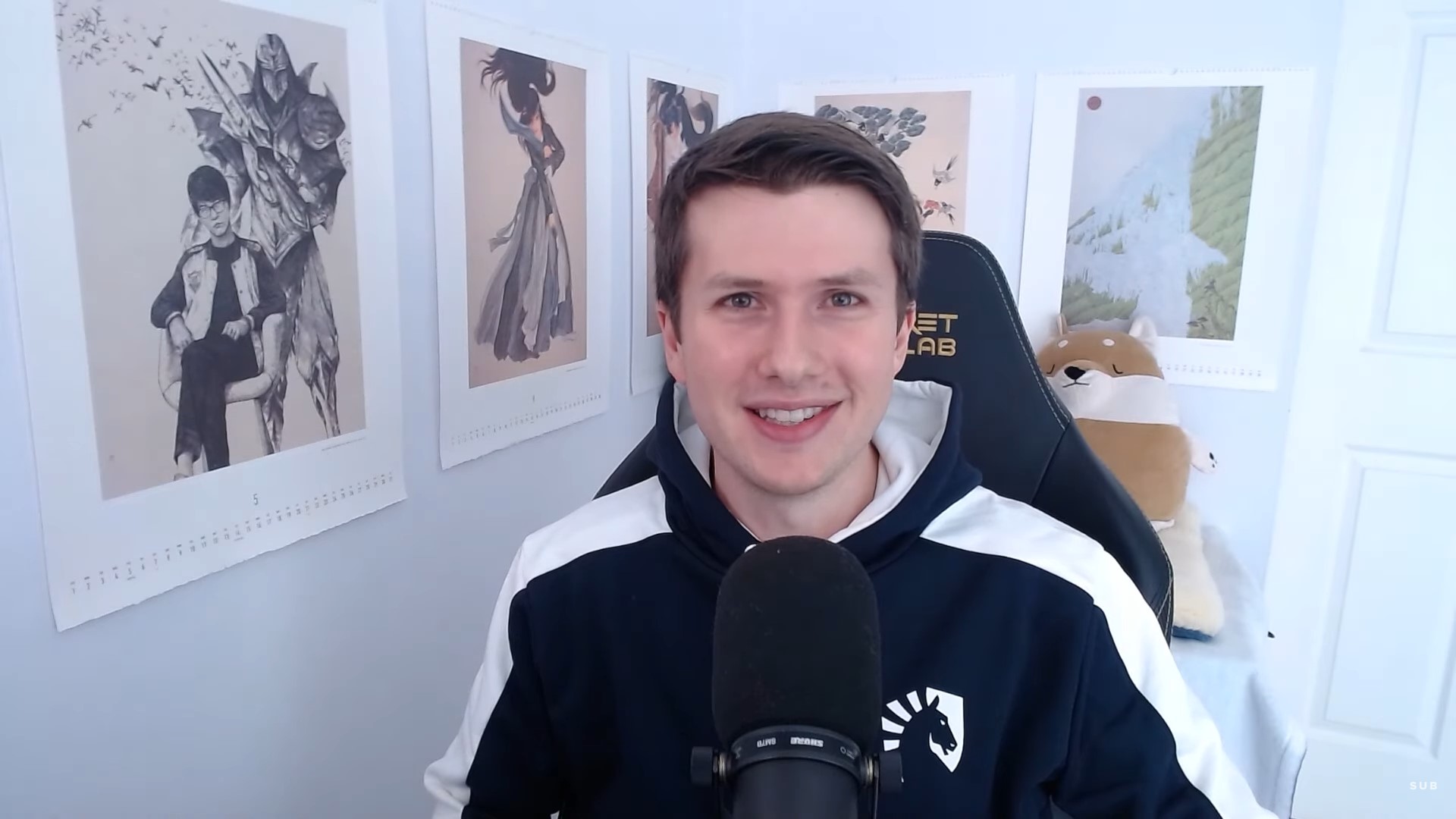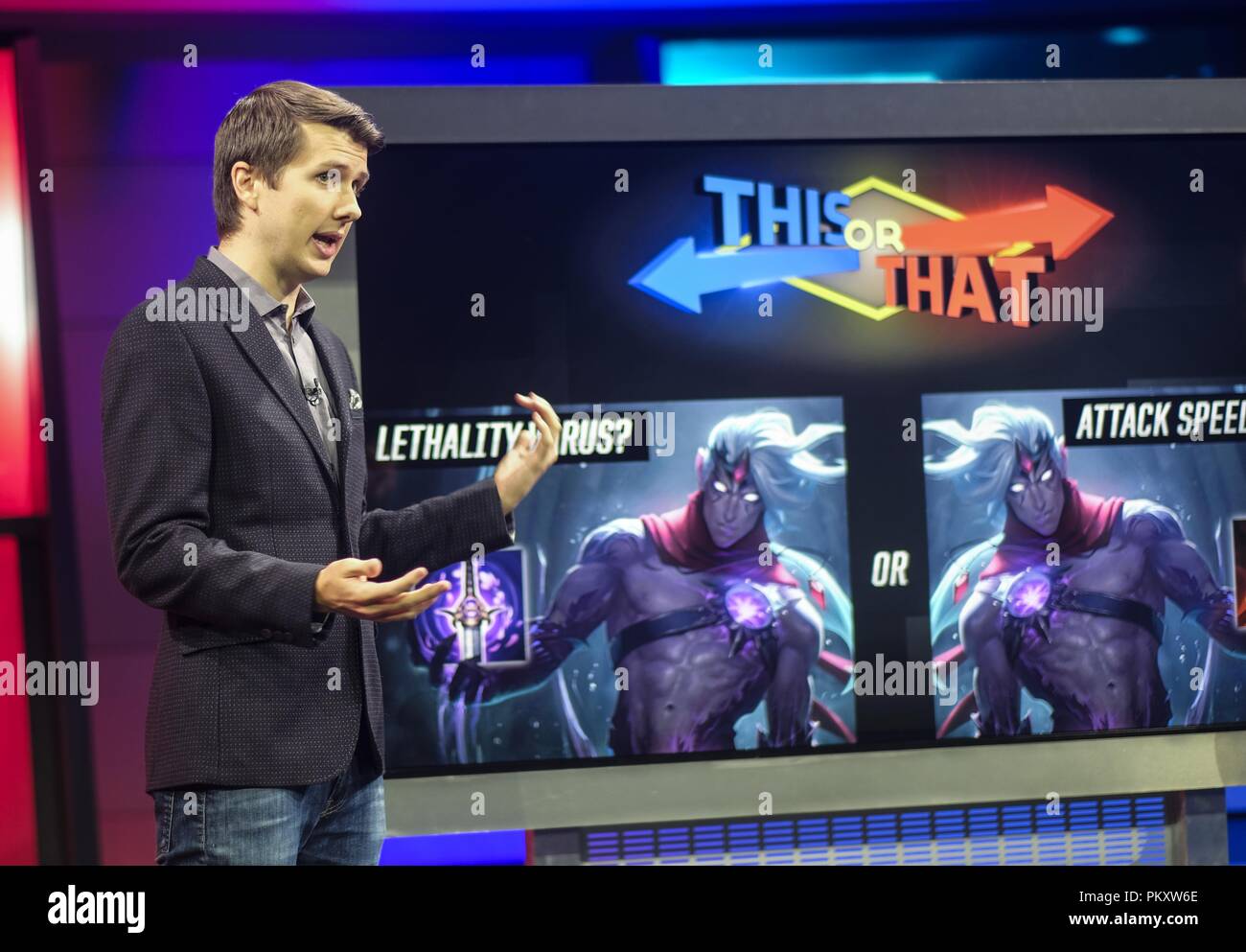
If you’re not comfortable, that’s going to break a person, and that was my hesitation. But it’s also OK to be afraid of that extra publicity. For me, it has taken until I’m in my mid-20s to really be comfortable with who I am.Įverybody has just sat here waiting, in some respects, for athletes to come out as gay. Some people are very fortunate, and they realize it early. But I think there are some things that happen in people’s lives that take you to the point of realization at a different pace. I kind of wish that I had been able to realize that sooner. I think that’s where a lot of my comments recently about regretting not being out come from. I definitely was not confident about it and it wasn’t something that I was out and proud about. When I joined Riot, I certainly wouldn’t say I have the attitude I have now. I think I’m still solidifying that externally. I think I only really, completely realized once the public part of me has also been confidently proud of who I am. I’d already come out as such to my friends in university. And then I just gradually realized as I got older from being a teenager to a young adult. And the reason I say to some extent is because I think everybody’s different. So it was a pretty easy decision for them.ĭid you already self-identify as gay during your time working these smaller events? James “Stress” O’Leary James O’LearyĪnd then, again, right place, right time, when they took the Challenger scene on board as their own show and their own product they needed additional commentary stuff because there weren’t enough people to cover so many broadcast days in a week. So I did that from, I guess, 2012 through the end of 2014. At the time anything that wasn’t EU LCS was called Challenger, before Riot actually took that on board as well. I understand you started out commentating smaller events in Europe before your time with the then EU LCS. Why don’t you do it here?” And I never looked back. The boss Michael “ODEE” O’Dell said to me, “Why don’t you go up there and commentate? You’ve done small bits like it before. So performing is something I’d done throughout my life. I played the game and had done radio and broadcast in university, and in high school I did a lot of drama and music. While I was at an event, they didn’t have a League of Legends commentator. I was doing that for maybe a year or so before working a little bit more with team management, sponsorship and content. I applied for a team, Team Dignitas, who were UK-based, and I did some work for their website for a while doing interviews for Starcraft and a few other games. So from that point forward I kind of was, you know, hovering around the scene as a viewer. I remember watching and being fascinated, and thinking that this is like the greatest thing that I’ve seen. And it was something like 3 a.m., and it was from Korea. I remember watching a Starcraft tournament. In recent years, though, O’Leary became comfortable enough to live his truth openly while working to increase representation and acceptance within his industry.Īhead of Splyce’s LEC match during this weekend’s Christopher Street Day Pride celebration in Berlin, O’Leary discussed his history in esports, his personal struggles and the work being done to make esports more accepting of and accessible to the LGBTQ community.

O’Leary is gay, and esports has a history of being less than accepting of LGBTQ communities.


The former League of Legends European Championship (LEC) caster was the voice of Europe’s top League of Legends organization before leaving the booth for a position with LEC participant Splyce.īut his enthusiastic calls and infectious personality masked his struggle to be out publicly to his audience. If you’re a fan of European esports then you’re likely familiar with James “Stress” O’Leary.


 0 kommentar(er)
0 kommentar(er)
